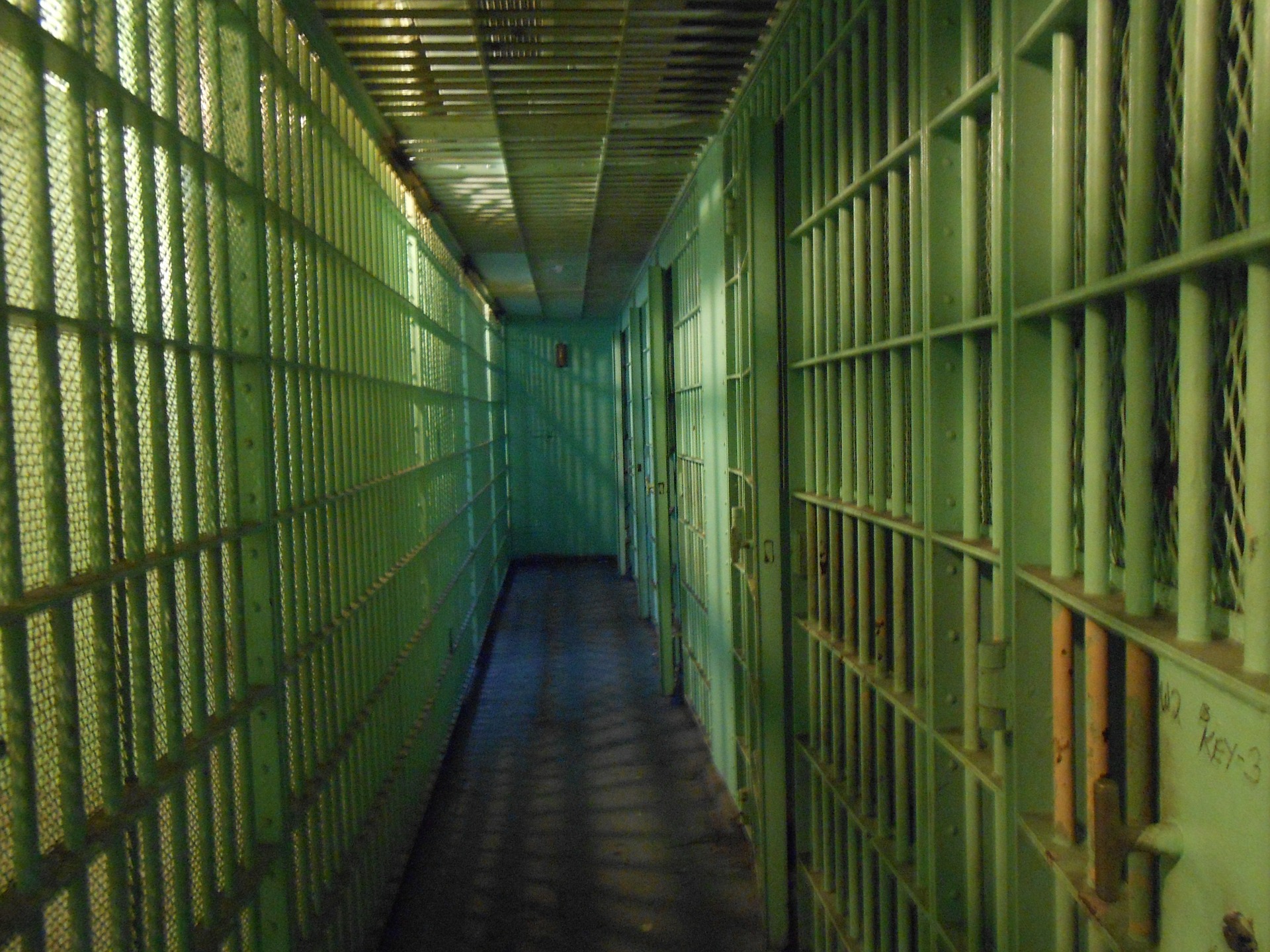By Chris Reed.
Not only has it been a disappointing year for the lawmakers and civic leaders behind the recent push for sweeping reforms of California’s criminal justice system, their achievements are under harsh fire in Los Angeles County.
Last December, Assemblyman Rob Bonta, D-Oakland, and state Sen. Bob Hertzberg, D-Los Angeles, proposed to largely scrap cash bail on the grounds that it wasn’t essential to getting people to show up for their trials, was destructive of individuals’ lives and would sharply reduce costs and crowding at county jails. But while one of the two related bills the lawmakers introduced passed the Senate on mostly party lines, the other stalled on the Assembly floor, only getting 35 votes in support. The bail bonds industry has strong relationships with both parties, especially in urban areas where bail bond agents are often significant donors.
On Friday, Gov. Jerry Brown and Chief Justice Tani Cantil-Sakauye announced their support for the measure – but for review and passage in 2018, not the remaining few days of the current legislative session.
The support of Brown and Cantil-Sakauye was depicted as good news by Bonta and Hertzberg. But the governor’s and chief justice’s delay in getting on the bandwagon and the Assembly’s coolness to the concept showed that bail reform never enjoyed as much support as two other recent criminal justice reform measures. Adopted by state voters in 2014, Proposition 47 reclassifies several nonviolent crimes as misdemeanors instead of felonies for those without criminal records involving crimes of violence or related to guns. Approved in 2016, Proposition 57 made it easier for those guilty of “nonviolent” crimes to win parole.
Reforms face intense blowback in L.A. County
Now, however, enthusiasm for these reforms has faded in the largest county in the state and nation.
In Los Angeles County, some law enforcement and women’s groups are upset with Proposition 57 over how many of the crimes it considers “nonviolent” involve considerable violence, including types of sexual assaults.
But many local leaders, politicians, law enforcement members and citizens are furious over the effects of Proposition 47. They say it amounts to a “get out of jail free” card for drug addicts who no longer face incarceration for their crimes but who face no punishment when they don’t honor requirements they meet with drug counselors. Anecdotes about addicts being arrested over and over and over without consequence have been common in police circles for more than two years. Similar stories abounded in a harsh October 2015 Washington Post analysis of the early effects of Proposition 47. It concluded the well-meaning state law kept addicts out of jail, but not out of trouble.
These concerns led Los Angeles County supervisors to vote 3-0 on Aug. 15 to set up a commission to examine “the challenges and opportunities” created by Propositions 47 and 57 and AB109, a 2011 state law that “realigned” criminal justice by having those convicted of many “low-level” crimes serve their sentences in county jails instead of state prisons.
The reforms have been the focus of anger over two gun murders on Feb. 20 in Los Angeles County, allegedly committed by convicted felon Michael C. Mejia – one of a family member, the other of Whittier police Officer Keith Boyer. Mejia had been released from state prison 10 months before the killings and the Los Angeles gang member reportedly committed several parole violations without being sent back to state prison before Feb. 20.
After the killings, Whittier Police Chief Jeff Piper and the Los Angeles Police Protective League blamed AB109 and Proposition 47 for making it easier for Mejia to avoid being returned to state prison for breaking parole.
Reformers said Proposition 47 had nothing to do with Mejia’s treatment. They said that while AB109 changed how Mejia was treated after being released from prison, it did so by assigning responsibility for his oversight to the Los Angeles County Probation Department – not the state corrections department.
But the argument that the county was blaming state reforms for its own failings never took hold. The day after officer Boyer’s death, Los Angeles County Sheriff Jim McDonnell said state reforms were “putting people back on the street that aren’t ready to be back on the street.” He said his jail system had so many dangerous inmates that it amounted to a “default state prison” – undermining claims that reforms would have positive or benign effects on local communities.
[divider] [/divider]





